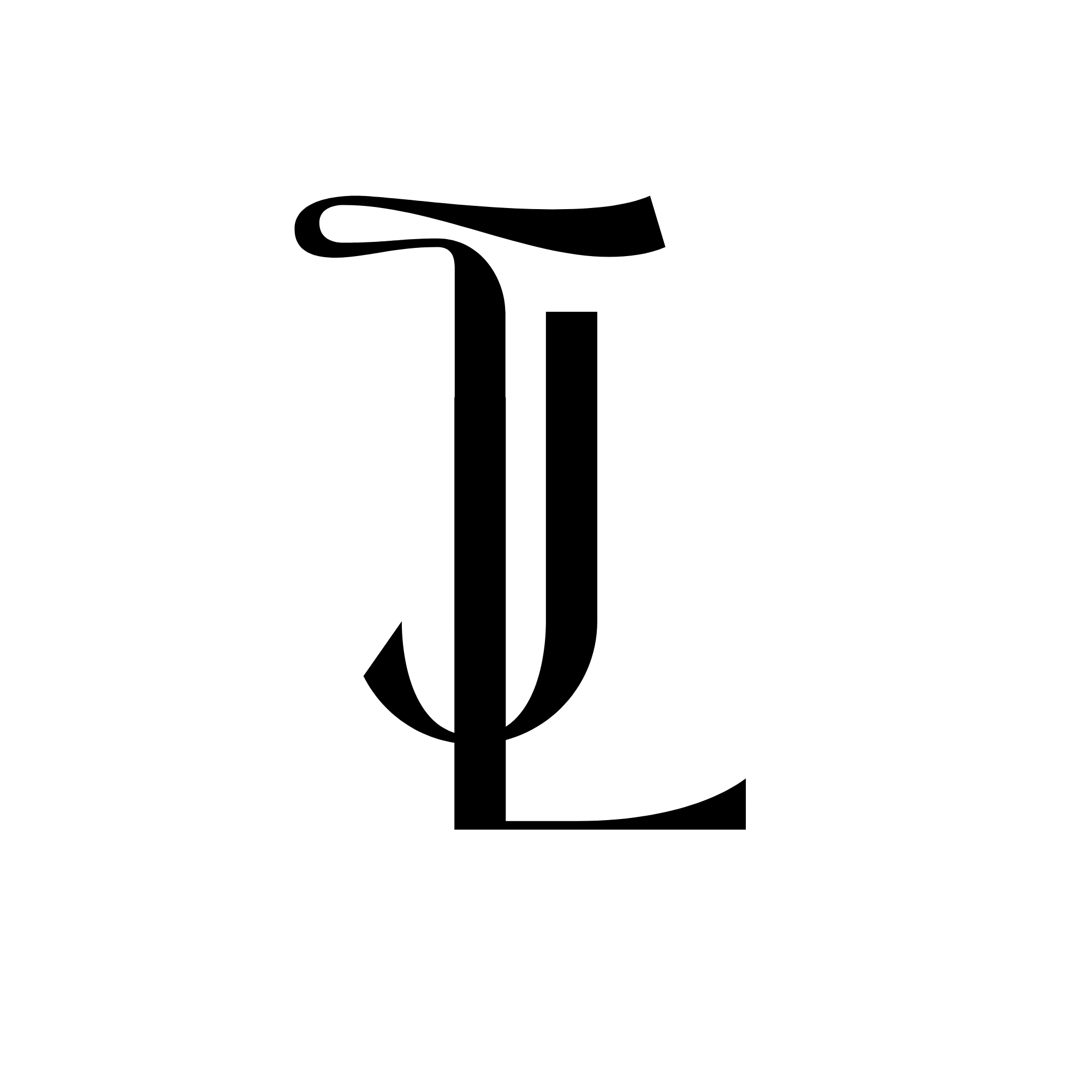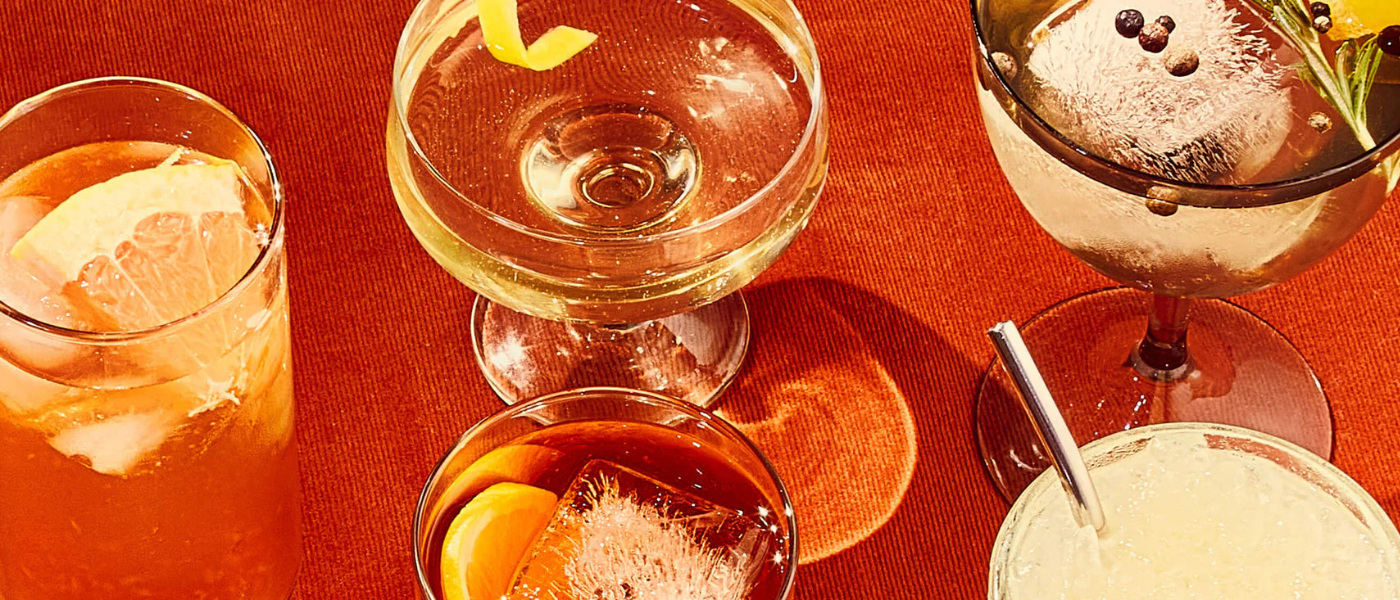
From sauna discos to NAD IV drips, the wellness industry is no stranger to the weird and the wacky in the name of health improvement. Projected to reach $7tn in 2025, it's no surprise that we're seeing new launch after new launch with promises to age backwards, sleep better, heal generational trauma and every other buzzword you could imagine.
Once upon a time, a cocktail was simply a vehicle for indulgence, an icy cold martini, a perfectly crisp negroni, or a glass of anything beginning with cham and and ending with pagne. But in 2025? The definition of a good drink is evolving. More and more people are going without alcohol, either a permanent choice or just for a change.
So what is there if you don't want to drink but want something more exciting than a diet coke? Enter functional cocktails and herbal mocktails, the buzzy new category of beverages promising not only to delight your taste buds but also to improve your health.
Brands are talking adaptogens instead of artificial syrups, herbal infusions that claim to reduce stress, and alcohol alternatives that promise all the fun without the hangover. But are these drinks genuinely good for you, or is this just another cleverly packaged wellness trend?
What Exactly Are Functional Mocktails?
Functional beverages are nothing new. From your morning matcha latte (hello, L-theanine-fueled focus) to that electrolyte-packed coconut water post-Pilates, we’ve been sipping our way to better health for years. But now, the functional drink movement has infiltrated the world of mocktails, replacing artificial ingredients with adaptogens, botanicals, nootropics, and other “smart” ingredients designed to enhance mood, improve sleep, and reduce stress.
Alcohol-free and packed with botanical extracts, these drinks claim to provide a mood boost without the boozy side effects. Ingredients like reishi mushrooms (for relaxation), lemon balm (for calm), and CBD (for good vibes only) are common players in these concoctions.
Sound too good to be true? We're sharing our unfiltered view on the main contenders in this space.
Functional Drinks Worth Sipping (and the Ones to Skip)
1. Kin Euphorics – The It-Girl of Non-Alcoholic Elixirs
What it claims: Created by Jen Batchelor (and co-signed by Bella Hadid), Kin Euphorics is a range of nootropic- and adaptogen-infused beverages designed to deliver social energy without the booze. Their Kin Bloom (with schisandra, damiana, and L-theanine) claims to provide a rosy, heart-opening lift—essentially, a botanical version of a glass of rosé.
Does it work? Sort of. If you’re highly sensitive to adaptogens, you might feel a subtle mood shift. But don’t expect a tequila-replacement level of fun. It’s pleasant, lightly floral, and great if you want to sip on something other than sparkling water at a party.
Our Verdict: A stylish, wellness-forward alternative, but don’t expect to get tipsy on good vibes alone.
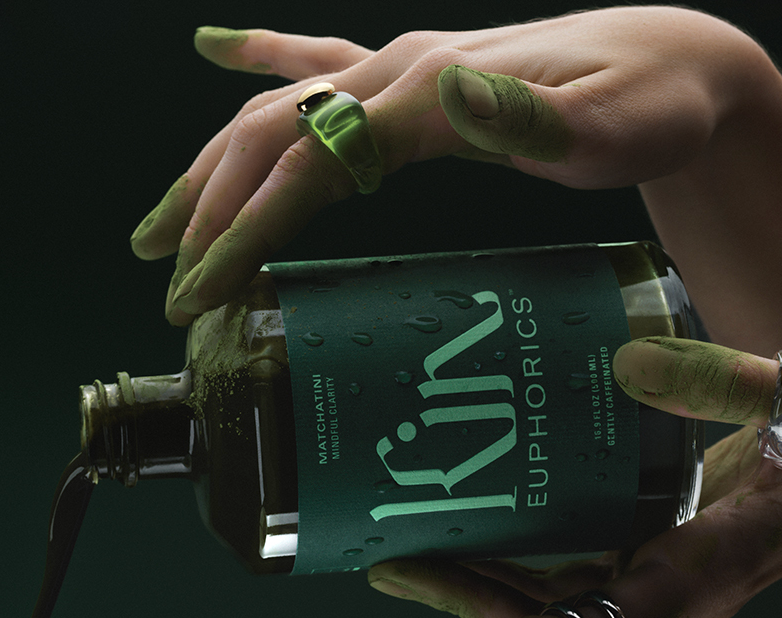
2. De Soi - Aperitifs, but Make It Wellness
What it claims: Co-founded by Katy Perry, De Soi bills itself as a sophisticated, non-alcoholic apéritif infused with adaptogens like reishi mushroom and ashwagandha. It promises a light buzz without the booze.
Does it work? The flavors are complex, slightly bitter, and reminiscent of a chic European spritz, making this a great option if you miss Campari-based drinks. The mood boost? Mild at best. It won’t get you lit, but it might make you feel just relaxed enough to forget about your inbox.
Our Verdict: If you love an amaro but hate hangovers, this is for you. If you’re expecting a wild Friday night substitute, look elsewhere.
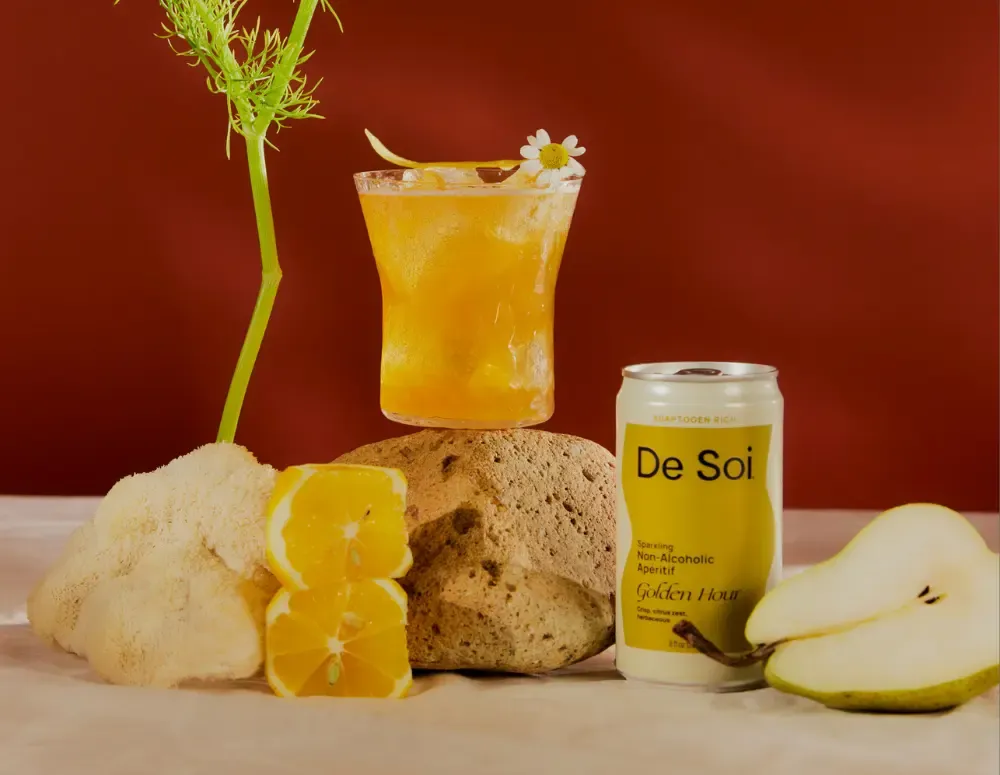
3. Three Spirit - Plant-Based Buzz Without the Booze
What it claims: Marketed as a “mood-enhancing, alcohol-free alternative”, Three Spirit’s lineup features drinks like Social Elixir (for euphoria), Livener (for an energy boost), and Nightcap (for deep relaxation). Ingredients include cacao, green tea extract, and lion’s mane mushroom.
Does it work? Social Elixir delivers a noticeable mood shift, a warm, slightly buzzy feeling, but not drunk. The Nightcap actually does help with relaxation, making it a great alternative to a whiskey nightcap.
Our Verdict: One of the few non-alcoholic brands that actually delivers on its promise of feeling different.
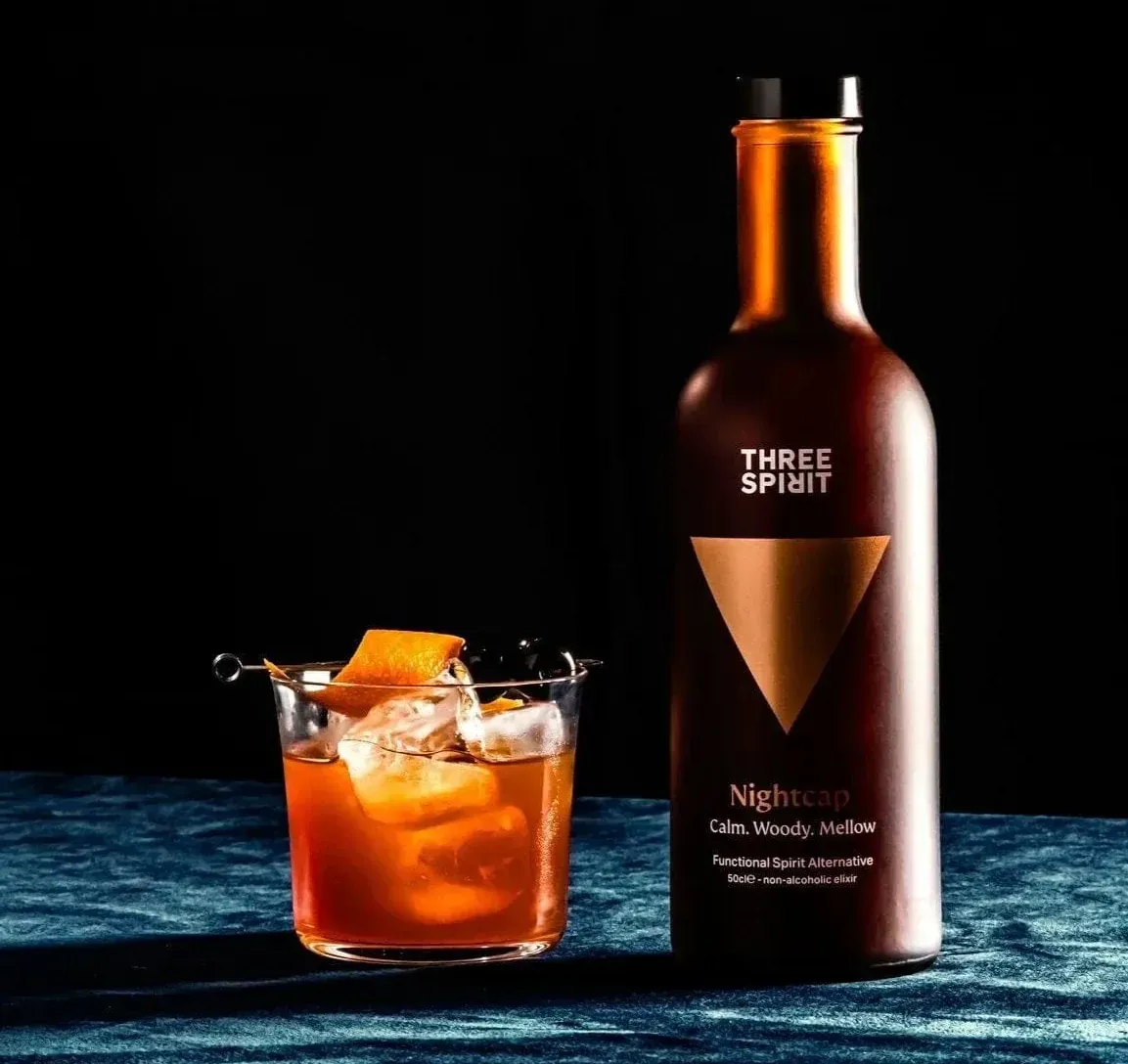
4. Amass Botanic Hard Seltzer - The “Healthy” Alcoholic Option
What it claims: From the makers of chic botanical spirits, Amass’ hard seltzer contains l-theanine, lion’s mane, and reishi mushrooms, designed to provide a smoother drinking experience.
Does it work? While the flavor is beautifully herbal and complex, the “functional” aspect is debatable. You’ll still get tipsy, just with a side of earthy botanicals.
Our Verdict: A chic, premium alternative to White Claw, but don’t expect it to counteract the effects of alcohol.
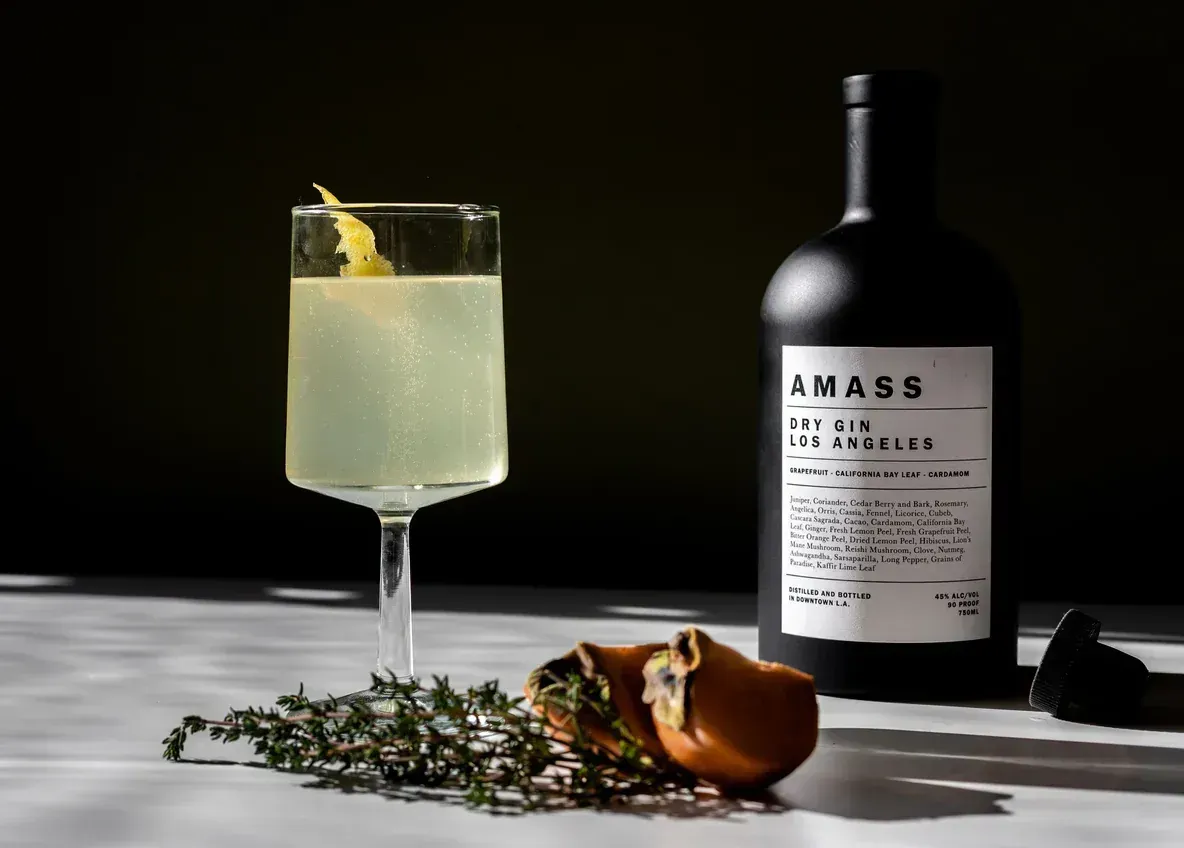
5. Haus – The “Clean” Apéritif
What it claims: A low-alcohol, all-natural apéritif made with organic fruits, herbs, and botanicals, positioned as a more “functional” way to drink.
Does it work? It’s delicious and beautifully packaged, but the functionality here is questionable. It’s still alcohol, just less of it.
Our Verdict: A good option for those looking to drink less, but not quit entirely.
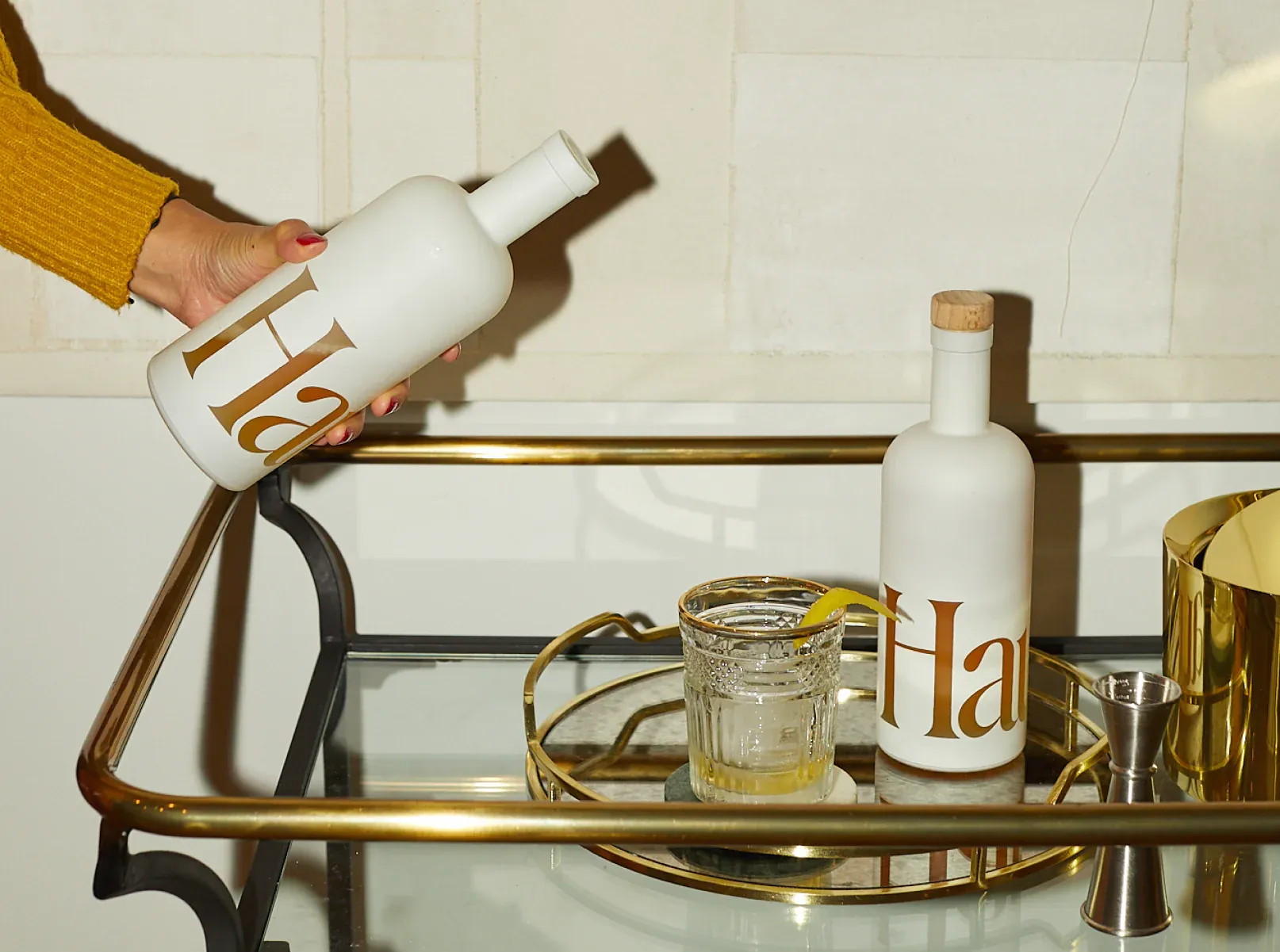
Are Functional Drinks the Future?
So, can cocktails and mocktails actually be good for you? The answer is nuanced. While many of these drinks contain genuinely beneficial ingredients, they’re not magic potions. Adaptogens and nootropics can help with stress, focus, and relaxation, but they’re not an instant replacement for the social lubrication of alcohol.
Who Should Try Them?
If you love the ritual of drinking but want to cut back on alcohol.
If you enjoy herbal flavors and sophisticated, non-sweet beverages.
If you’re into wellness and like experimenting with natural mood boosters.
Who Might Be Disappointed?
If you’re expecting the same effects as alcohol without any of the downsides.
If you hate the taste of bitters, florals, and botanicals.
If you’re looking for an instant euphoric high, these are subtle, not dramatic.
The Final Pour
Functional cocktails and herbal mocktails are part of a growing shift toward mindful drinking, where people want to enjoy the experience of a drink without the health downsides. While some of these drinks genuinely offer a mild mood boost, others are more about clever marketing and pretty packaging than actual effects.
Would we swap a spicy marg for a Kin Euphorics? No. But would we sip on a De Soi apéritif at a summer dinner party and feel good about it? Absolutely. The key is balance, and knowing when to indulge and when to embrace a botanical buzz instead.
